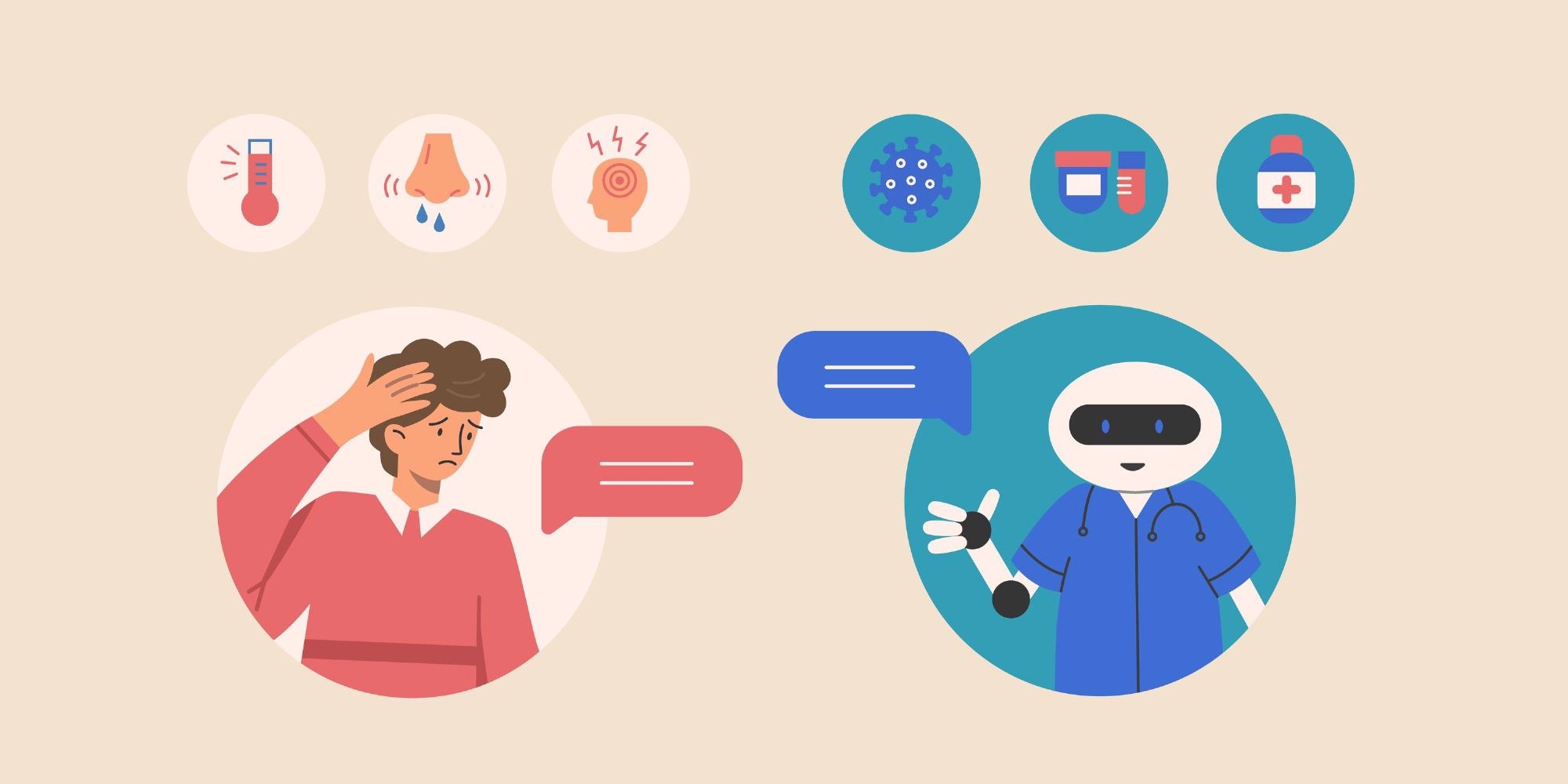How AI chatbots are already helping fuel conspiracy theories ahead ...
Generative AI chatbots have been identified as contributors to the dissemination of harmful misinformation, according to a recent report by NewsGuard. The audit conducted by NewsGuard on 10 AI chatbots revealed that they were responsible for propagating Russian propaganda approximately one-third of the time. The implications of AI's involvement in spreading disinformation are especially worrisome as the 2024 election approaches.

AI's Role in Disinformation
The report by NewsGuard highlighted that some of the most advanced generative AI chatbots are actively promoting disinformation by citing fake news sources funded by Moscow. This concerning trend, where AI models are fueling falsehoods, poses a significant threat to the integrity of information dissemination, both in the United States and globally.
Earlier assessments by US intelligence agencies have indicated that Russia utilizes various means, including spies, social media, and state-backed news outlets, to interfere in democratic processes worldwide. The success of Russia's propaganda operations leading up to the 2020 US election serves as a stark reminder of the challenges posed by foreign influence campaigns.
Influence of AI Models

OpenAI's models have reportedly been exploited by foreign entities for covert influence campaigns, as outlined in a recent report by OpenAI. The findings from the NewsGuard audit shed light on how AI chatbots are disseminating false narratives associated with individuals like John Mark Dougan, who has connections to a network of Russian propaganda websites.
Dougan, a former Florida deputy sheriff who sought refuge in Moscow following legal investigations, has been linked to a web of disinformation outlets that masquerade as legitimate news sources. Mainstream media coverage, including reports from The New York Times, has extensively documented Dougan's activities, underscoring the ease with which AI chatbots can access and proliferate such content.
Assessment of AI Chatbots
NewsGuard's evaluation encompassed 10 AI chatbots, including notable models like OpenAI's ChatGPT-4, You.com's Smart Assistant, and Microsoft's Copilot, among others. The audit involved presenting a total of 570 prompts to the chatbots, exploring various disinformation narratives, including those related to Volodymyr Zelenskyy, the President of Ukraine.

Of the responses generated by the AI chatbots, a significant portion contained explicit disinformation, with some responses even repeating false information while providing disclaimers. The prevalence of fabricated narratives linked to Russian propaganda sources in nearly one-third of the responses underscores the need for vigilance as reliance on AI models for information consumption grows.
Addressing the Challenge
The pervasive nature of disinformation within the AI industry has raised concerns about the potential risks associated with AI chatbots. While efforts are being made to enhance the capabilities of AI models in detecting and preventing the spread of harmful content, the need for greater accountability and transparency in AI development remains paramount.
As the 2024 election draws nearer, the emergence of deepfakes and manipulated media involving political figures like former President Donald Trump and President Joe Biden underscore the urgency of addressing the challenges posed by AI-based misinformation. Startups dedicated to combating misinformation through innovative solutions, including deepfake detection technologies, play a crucial role in safeguarding the integrity of information dissemination.
For further details, you can refer to the original article on Business Insider.










